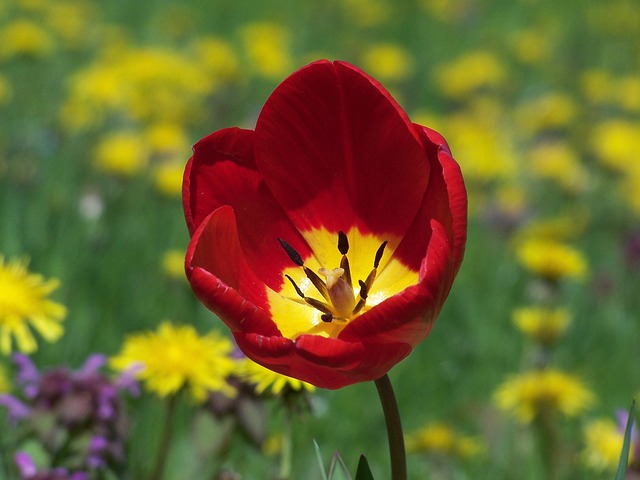Leaf collection and mulching are essential practices for maintaining a healthy, vibrant yard. Regular raking prevents leaf buildup that can damage equipment. Leaves can be composted or used as mulch, which insulates soil, preserves moisture, regulates temperature, suppresses weeds, and enriches the soil over time. Mulching reduces yard waste sent to landfills, mitigating greenhouse gas emissions and soil degradation. This eco-friendly practice promotes healthier landscapes, reduces water usage, and contributes to carbon sequestration, fostering a more sustainable ecosystem.
“Transform your yard into a thriving oasis with the simple yet powerful practice of leaf collection and mulching. This eco-friendly approach not only enhances your garden’s health but also contributes to sustainable Yard Waste Removal and Recycling. In this comprehensive guide, we’ll explore the benefits of efficient leaf removal, delve into the process of optimal mulch application, and uncover the environmental advantages of recycling yard waste through mulching.”
- Understanding Leaf Collection and Mulching: Benefits for Your Yard
- The Process of Efficient Leaf Removal and Mulch Application
- Environmental Impact: Recycling Yard Waste Through Mulching
Understanding Leaf Collection and Mulching: Benefits for Your Yard

Leaf collection and mulching are essential practices for maintaining a healthy and vibrant yard. By understanding the benefits of these processes, homeowners can significantly enhance their outdoor spaces. Leaf collection involves the removal of fallen leaves from your lawn and garden, which not only improves the overall aesthetics but also prevents potential damage caused by overgrown or wet leaves. This practice is crucial during autumn when leaf accumulation can smother grass and disrupt nutrient absorption.
Mulching, on the other hand, offers a sustainable solution for yard waste removal and recycling. It involves using organic materials like wood chips, straw, or compost to cover the soil surface around plants and trees. Mulch acts as a protective layer that preserves moisture, regulates soil temperature, and suppresses weeds’ growth. Moreover, it adds essential nutrients to the soil over time as it decomposes, fostering a rich and fertile environment for plant growth.
The Process of Efficient Leaf Removal and Mulch Application

The process of efficient leaf removal and mulch application begins with regular raking or blowing of fallen leaves, ensuring a thorough collection from walkways, driveways, and landscaping areas. This step is crucial for preventing leaf buildup, which can cause potential damage to lawnmowers and other yard equipment. Once gathered, leaves can be recycled through composting or used as a valuable organic material for mulching.
Mulch application involves spreading the collected leaves evenly across gardens and flower beds. This not only serves as a natural form of insulation, protecting plants from extreme temperatures but also enriches the soil over time as the leaves break down. It’s an eco-friendly approach to yard waste removal and recycling, contributing to healthier and more vibrant landscapes.
Environmental Impact: Recycling Yard Waste Through Mulching

The environmental impact of yard waste removal is a growing concern, but recycling through mulching offers a sustainable solution. Instead of sending organic material to landfills, where it contributes to greenhouse gas emissions and soil degradation, mulching allows for a circular approach. By repurposing yard clippings and leaves as mulch, you not only reduce the amount of waste sent to dumps but also enrich your garden soil. Mulch acts as a natural insulator, retaining moisture and providing essential nutrients as it breaks down, thereby promoting healthier plant growth and reducing water usage.
This simple yet powerful practice contributes to a greener environment by minimizing the need for synthetic fertilizers and pesticides. It’s an easy way for individuals to take responsibility for their yard waste removal and contribute to a more sustainable ecosystem. Moreover, mulching can help mitigate climate change by sequestering carbon from the atmosphere as organic matter decomposes slowly in soil.
Leaf collection and mulching are not only beneficial for your yard’s health but also play a crucial role in responsible yard waste removal and recycling. By understanding the process and its environmental advantages, you can contribute to a sustainable practice that enhances your outdoor space. Efficient leaf management ensures a lush, well-maintained garden while reducing waste sent to landfills, making it an eco-friendly game changer for any metropolis.
